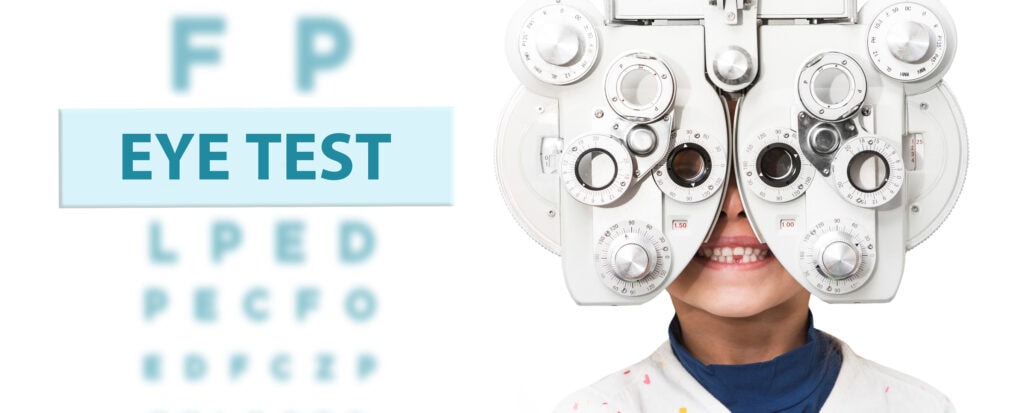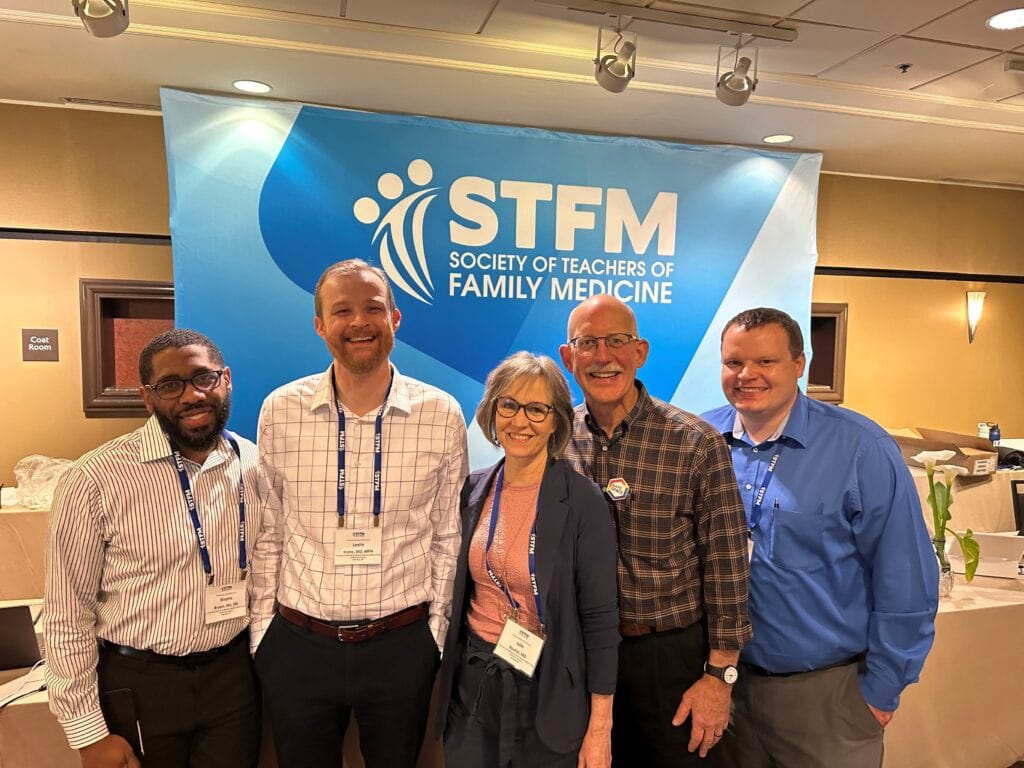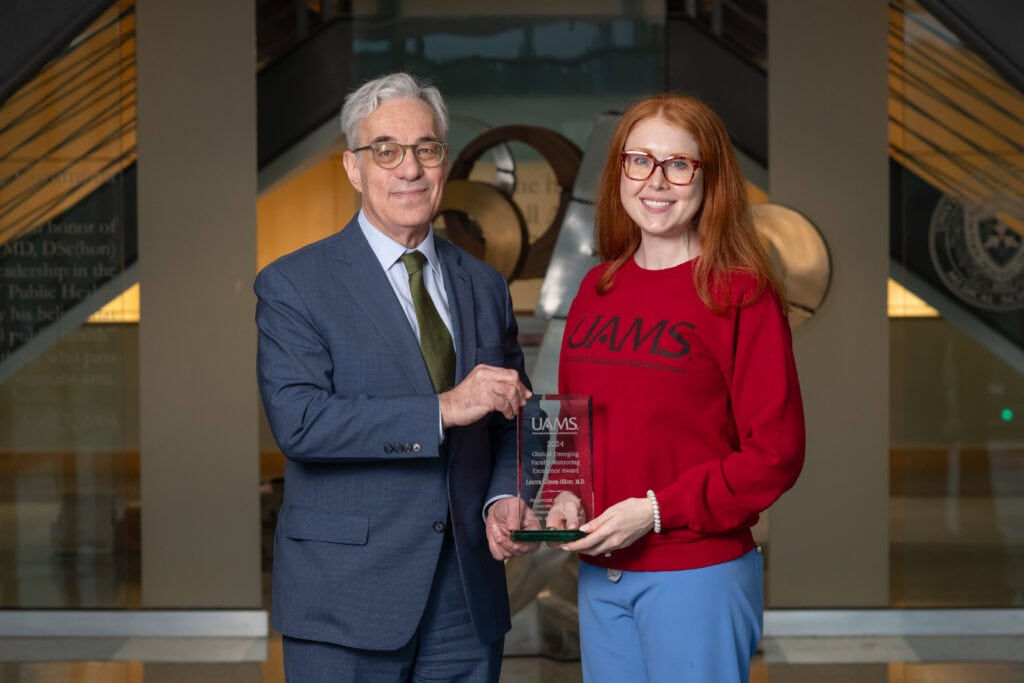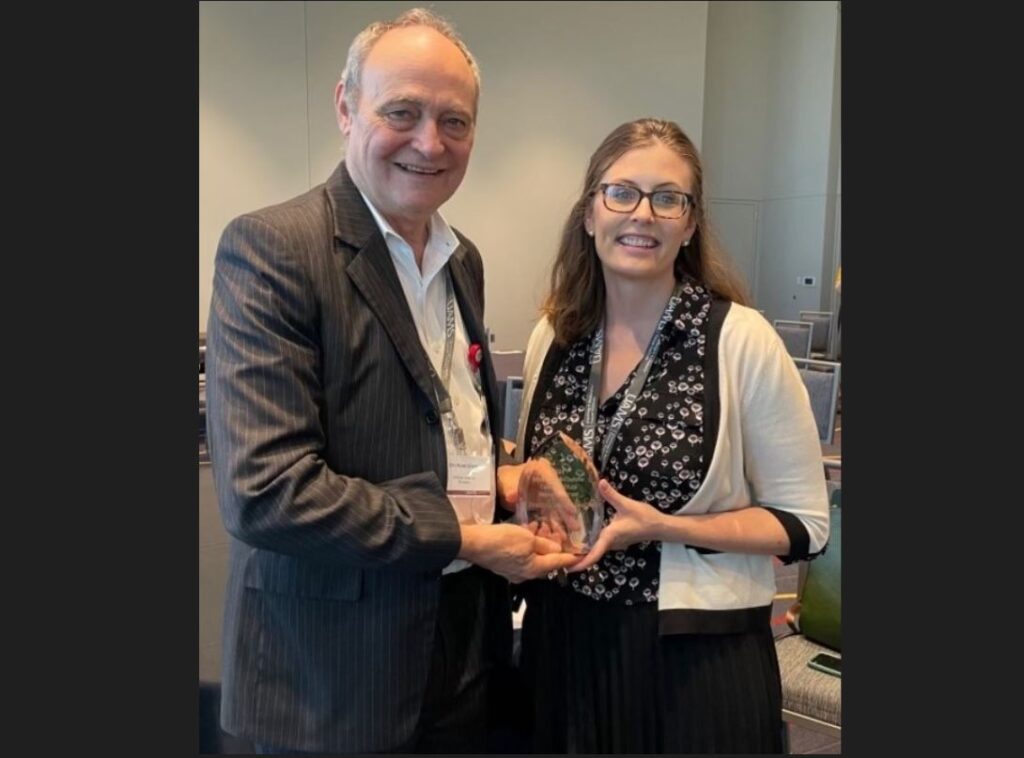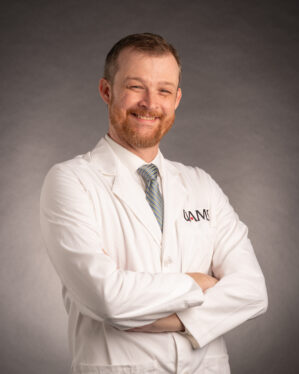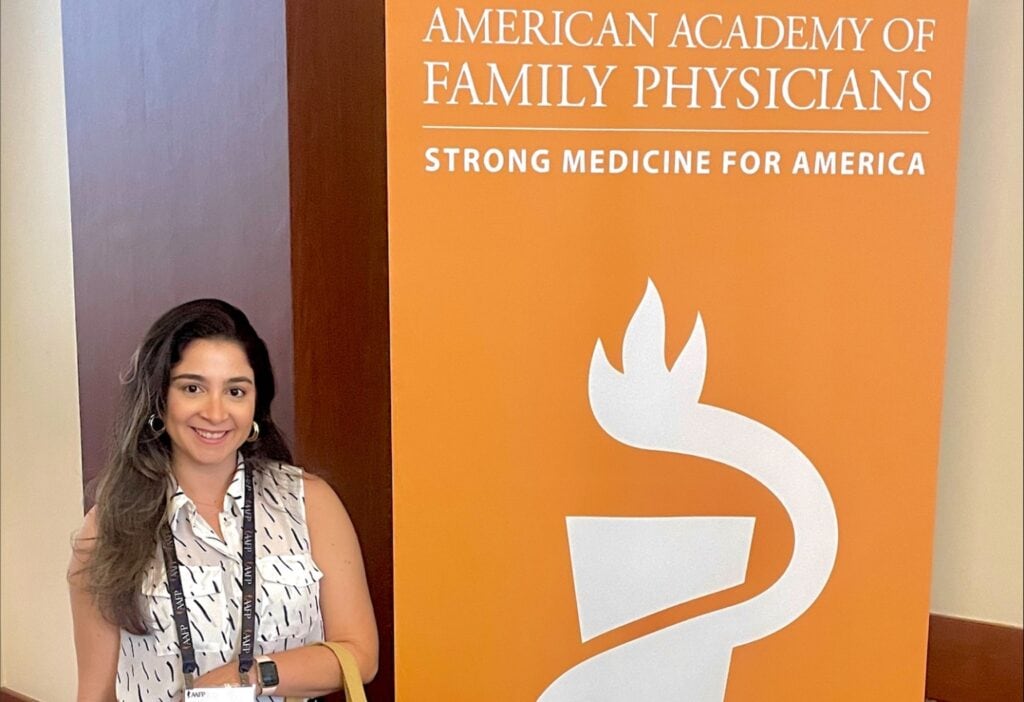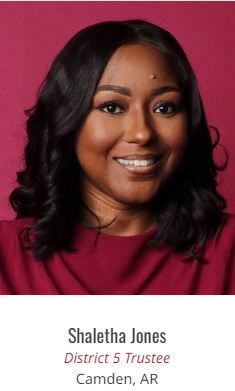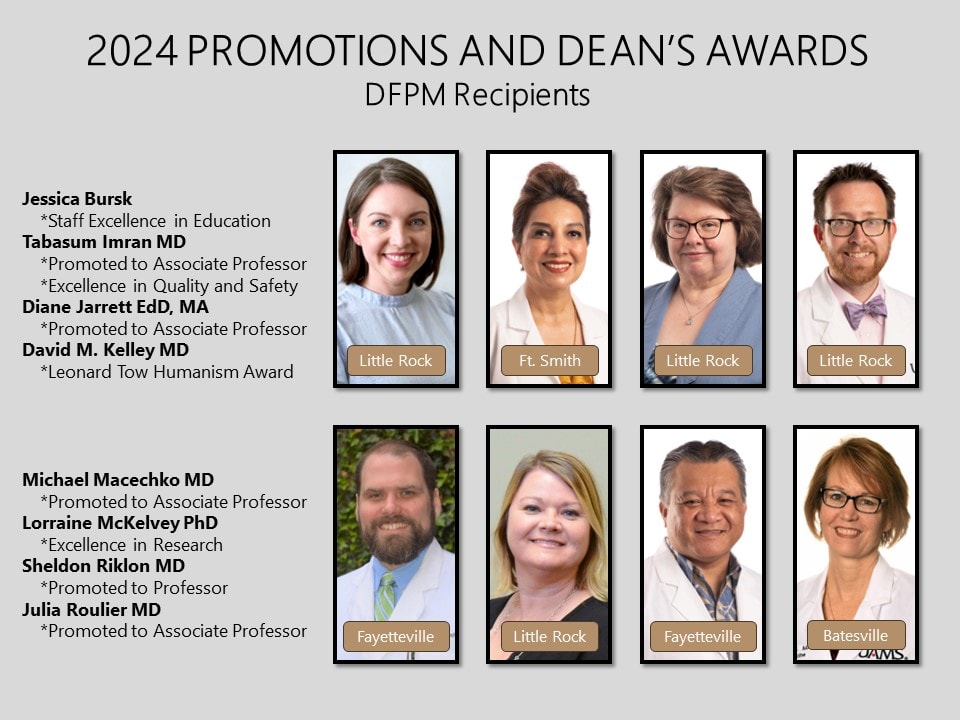Diane Jarrett EdD, MA has had a letter to the editor published online ahead of print in JAMA Ophthalmology.
Dr. Jarrett writes in response to a previous article about the need for vision screening for children from socioeconomically vulnerable groups, giving her personal take on being a child who benefited from free school-based vision screening.
The online article can be viewed here. The print edition will be available in July.
